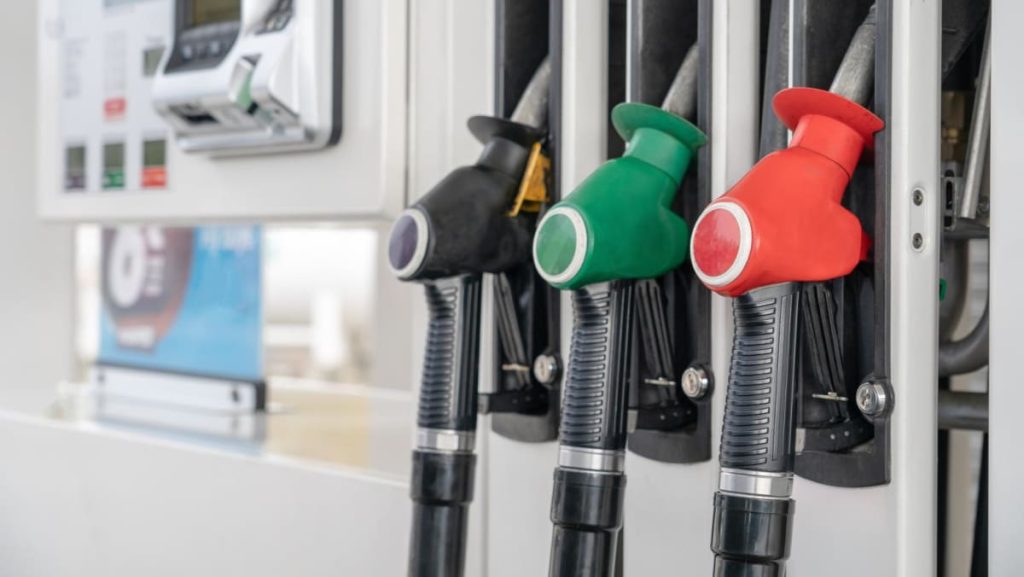Prime Minister Anwar Ibrahim of Malaysia stated that the government’s decision to implement targeted diesel subsidies is crucial to helping save the country. Despite the measure being unpopular, Anwar emphasized the need for action during a monthly assembly with staff from the Prime Minister’s Department. Malaysia has been shifting away from costly blanket subsidies in favor of a more targeted approach that primarily benefits those in need. The country heavily subsidizes fuel, cooking oil, rice, and other basic items, with its subsidy bill increasing to record levels in recent years due to surging commodity prices, putting a strain on government finances. Specifically, the diesel subsidy bill rose significantly from RM1.4 billion in 2019 to RM14.3 billion in 2023.
Anwar acknowledged the criticism and backlash that may arise from implementing targeted subsidies, stating that there will be various forms of slander and lies directed towards the government. He highlighted that despite previous agreements on the need for targeted subsidies by past prime ministers, there was a lack of political will to implement them due to associated risks. However, Anwar stressed that to save the country, there is no other choice but to move forward with the targeted subsidy approach. The government faces challenges and opposition, but prioritizes the necessity of careful economic management to ensure the country’s stability and well-being.
With the rising costs of subsidies and strained government coffers, Malaysia’s shift towards targeted subsidies reflects a strategic move to address the country’s financial challenges. The government aims to ensure that subsidies are directed towards those who need them the most, rather than maintaining broad, unspecific support for all citizens. By focusing on assisting the needy, Malaysia hopes to optimize its resources and manage its subsidy bill more efficiently. This strategic shift aligns with efforts to promote sustainable economic growth and prudent fiscal management in the face of evolving global economic conditions.
The decision to implement targeted diesel subsidies underscores the government’s commitment to making difficult choices in order to secure the country’s future. Anwar Ibrahim, who also serves as the finance minister, emphasized the importance of saving the country by taking necessary but unpopular measures. By prioritizing the well-being and stability of Malaysia, the government seeks to navigate economic challenges effectively and ensure the country’s long-term financial health. The move towards targeted subsidies reflects a recognition of the need for strategic economic policies to address rising expenses and budgetary constraints.
In light of the significant increase in the diesel subsidy bill over the years, Malaysia’s decision to transition towards targeted subsidies is a response to the unsustainable financial burden imposed by blanket subsidies. The government faces fiscal challenges due to rising commodity prices and an escalating subsidy bill, necessitating a more targeted and efficient approach to subsidy management. By implementing targeted subsidies, Malaysia aims to optimize the allocation of resources, reduce excessive spending, and ensure that assistance is directed to those who truly require support. This shift towards targeted subsidies signifies a commitment to prudent economic management and responsible governance in addressing the country’s financial needs.
Overall, Malaysia’s adoption of targeted diesel subsidies reflects a strategic and necessary step towards managing the country’s finances effectively in the face of economic challenges. By prioritizing the needs of the most vulnerable in society and optimizing subsidy allocation, the government aims to ensure sustainable economic growth and fiscal stability. Despite potential criticism and opposition, Prime Minister Anwar Ibrahim remains steadfast in his determination to save the country through implementing targeted subsidies. This move signifies a commitment to prudent economic management and responsible governance to secure Malaysia’s future and support its citizens in times of economic uncertainty.















